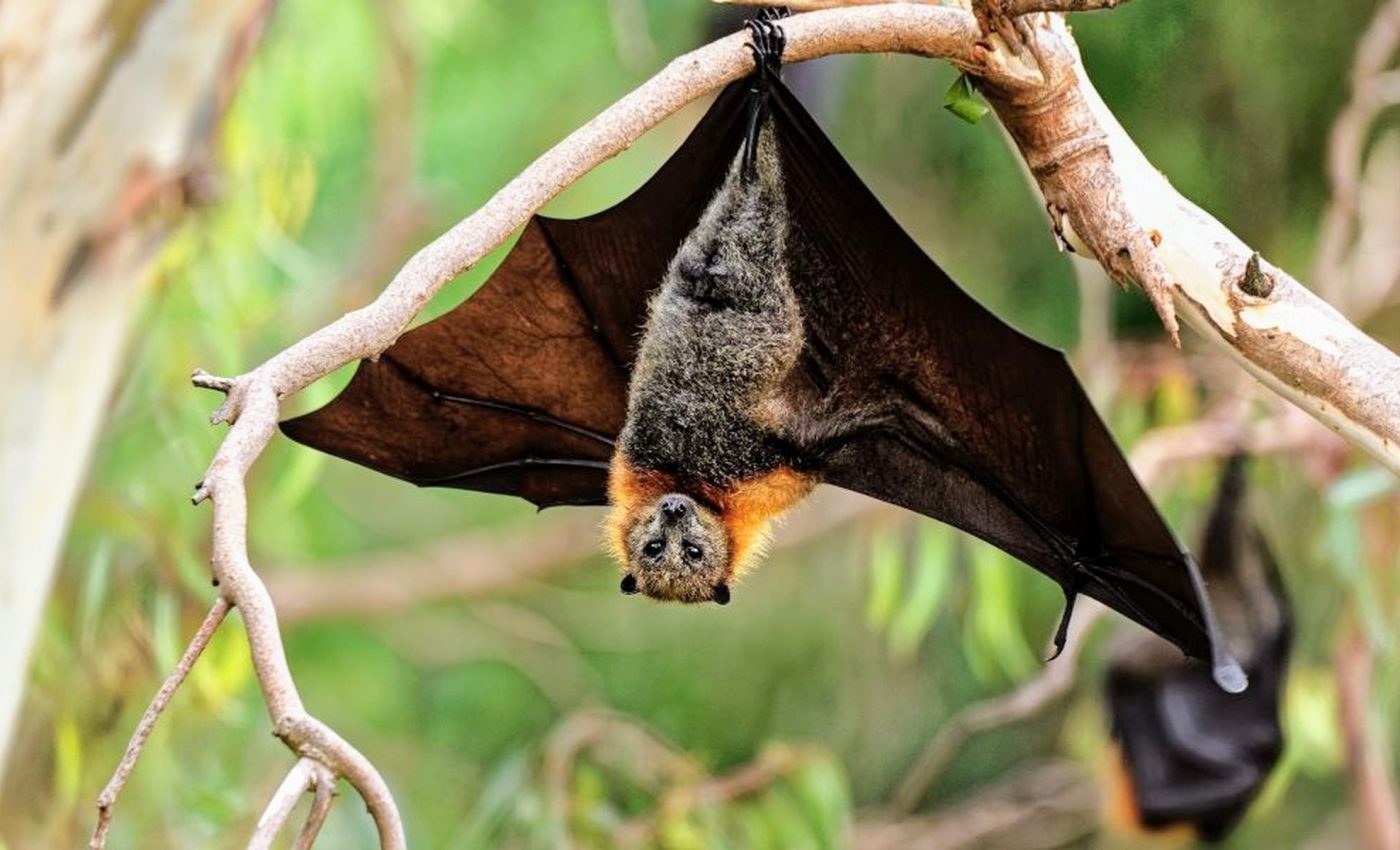
Fruit bats can remember the past and plan for the future
Human beings have long been considered the top of the heap when it comes to cognitive abilities. But it seems our supremacy is being threatened – by fruit bats.
Researchers from Tel Aviv University have discovered that these agile winged creatures possess remarkable thinking skills, previously thought to be present exclusively in humans.
The brain behind this seemingly incredible revelation is a team from the School of Zoology and Sagol School of Neuroscience at Tel Aviv University. The research was helmed by Professor Yossi Yovel and Dr. Lee Harten.
Bats and their cognitive abilities
The research team decided to test the cognitive abilities of wild Egyptian fruit bats. The idea was to see if these bats could recall personal experiences (episodic memory) and plan ahead, something we humans frequently do.
To make these observations, the researchers attached tiny GPS trackers to the bats to monitor their navigational and foraging routines.
“For many years the cognitive abilities to recall personal experiences (episodic memory) and plan ahead were considered exclusive to humans,” noted Professor Yovel.
“But more and more studies have suggested that various animals also possess such capabilities, but nearly all of these studies were conducted under laboratory conditions, since field studies on these issues are difficult to perform.”
“Attempting to test these abilities in wild animals, we designed a unique experiment relying on the colony of free-ranging fruit bats based in TAU’s I. Meier Segals Garden for Zoological Research.”
Remembering the past
The bats, it seems, are capable of mental “time travel.” To test this, the scientists prevented the bats from leaving their colony for varying periods ranging from one day to a week.
“We wanted to see whether the bats could tell that time had elapsed and behave accordingly. We found that after one day of captivity, the bats would return to trees visited on the previous night,” noted Dr. Harten.
“However, when a whole week had gone by, the older bats, based on past experience, avoided trees that had stopped bearing fruit in the interval.”
“In other words: they were able to estimate how much time had passed since their last visit to each tree, and knew which trees bore fruit for a short time and were no longer worth visiting. Young, inexperienced bats were unable to do this, indicating that this is an acquired skill that must be learned.”
Planning for the future
But that’s not all. The bats are also skilled at planning ahead. Bats observed by the researchers often flew directly to a specific tree – an indication that they had decided on their food source even before leaving their lair.
Interestingly, the first bats to leave the colony chose trees bearing sugar-rich fruits, while bats that set out later were after proteins.
Isn’t that interesting? These bats know where the party is at, when to hit it, and what to munch on.
Cognitive abilities of bats and humans
This study sheds light on the fascinating cognitive abilities of animals, challenging the long-held notion that humans are the only creatures capable of such high-level thinking.
“The cognitive gap between humans and animals is one of the most fascinating issues in science. Our study demonstrates that fruit bats are capable of quite a complex decision-making process involving the three questions indicative of cognitive abilities: Where? (each tree’s location); When? (when the tree bears fruit); and What? (the nourishment it provides – sugar vs. proteins),” said Professor Yove.
“Once again we find that the gap is not cleat-cut, and that humans are not as unique as some might think. Apparently, humans and animals are all located on a spectrum, with almost any human ability found in animals as well.”
So, have we underestimated our winged companions of the night? These findings suggest we have. It seems like we are all on a spectrum, with almost any human ability found in animals as well. Who knows what other surprises the animal kingdom may throw our way? Stay tuned for more such exciting discoveries.
The research team also included Xing Chen, Adi Rachum, Aya Goldstein from the School of Zoology, Lior de Marcas from the Sagol School of Neuroscience. Maya Fenigstein Levi and Shira Rosencwaig from the National Public Health Laboratory of Israel’s Ministry of Health were also part of this exploration of bat intelligence.
The study is published in the journal Current Biology.
—–
Like what you read? Subscribe to our newsletter for engaging articles, exclusive content, and the latest updates.
Check us out on EarthSnap, a free app brought to you by Eric Ralls and Earth.com.
—–













